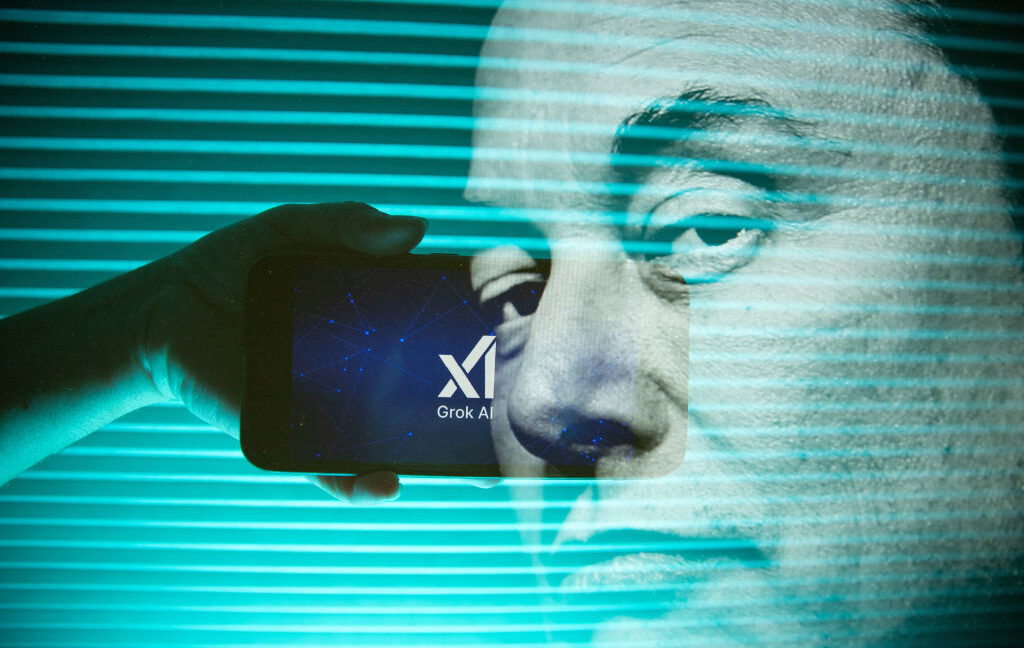Apple Counters Musk’s xAI Antitrust Claims Over Smartphone AI Integration

Key Points
- Apple says xAI is not a competitor or consumer in the smartphone market.
- The company argues Musk's claim that Apple favors OpenAI to block xAI's "super app" is unfounded.
- Apple notes a super app that could replace smartphones is at least a decade away.
- Forcing Apple to integrate every AI chatbot would slow innovation, raise costs, and harm consumers.
- Musk's grievance centers on Apple's limited integration of non‑OpenAI chatbots.
- Apple dismisses xAI's speculative chain linking chatbot integration to a future super app.
- Integrating a single chatbot is a major, resource‑intensive undertaking for Apple.
- Apple asserts its OpenAI deal does not prevent Musk from building his own applications.
Apple told a federal court that Elon Musk’s xAI does not compete in the smartphone market and that the company’s alleged antitrust grievance rests on speculation. Apple argued Musk’s theory—that Apple is incentivized to boost OpenAI to block xAI’s “super‑app” ambitions—is unfounded, noting that a super‑app capable of replacing smartphones is at least a decade away. The company warned that forcing Apple to integrate every generative‑AI chatbot would hinder innovation, raise costs, and create safety risks, while emphasizing that nothing in its OpenAI agreement prevents Musk from building his own applications.
Background of the Dispute
Elon Musk’s artificial‑intelligence venture, xAI, has brought a lawsuit alleging antitrust violations by Apple. The complaint claims that Apple’s decisions about which generative‑AI chatbots to integrate into its devices unfairly disadvantage xAI and its flagship chatbot, Grok, while favoring competitors such as OpenAI.
Apple’s Core Arguments
Apple responded by stating that xAI is not a rival or a consumer in the smartphone industry, and therefore cannot claim market harm in that sector. The company urged the court to reject Musk’s theory that Apple is motivated to boost OpenAI in order to prevent xAI from creating a “super app” that would make smartphones obsolete. Apple emphasized that the notion of a super app capable of replacing smartphones is at least a decade away, and that speculative, undeveloped applications should not be used to block Apple’s measured plan to improve customer experiences with advanced chatbot integration.
Apple also argued that antitrust law does not require a company to integrate every AI chatbot it could. The company warned that imposing such a rule would slow innovation, reduce quality, and increase costs, ultimately harming the very consumers antitrust statutes aim to protect.
Musk’s Grievance Explained
According to Apple, Musk’s grievance stems from displeasure that Apple has integrated only OpenAI’s ChatGPT and has not yet incorporated other generative‑AI chatbots, such as those created by xAI, Google, or Anthropic. Apple noted that, by xAI’s logic, Musk’s social‑media platform X would be required to integrate all other chatbots—including ChatGPT—on its own platform, a requirement Apple deems unreasonable.
Speculative Chain Cited by Apple
Apple outlined the speculative chain of reasoning presented by xAI: if Apple never integrates ChatGPT, Grok could achieve scale and quality, leading X users to favor Grok, which would grow X’s popularity and position it to build a “super app.” This super app, in turn, would replace much of smartphone functionality, prompting manufacturers to produce more basic phones and encouraging iPhone users to switch to such devices. Apple dismissed this chain as multi‑step speculation without factual basis.
Integration Realities
Apple stressed that nothing in its OpenAI agreement prevents Musk from building his own super apps. The company also highlighted that integrating even a single chatbot is a major undertaking that requires substantial investment. By pointing out the massive resources and safety considerations required to integrate every AI chatbot into Apple Intelligence, Apple underscored the impracticality of xAI’s demands.
Conclusion
In summary, Apple contended that the antitrust claims rely on conjecture rather than concrete market harm. The company asked the court to reject xAI’s lawsuit, emphasizing that forcing Apple to integrate all generative‑AI chatbots would hinder innovation, increase costs, and pose safety challenges, while noting that the envisioned super‑app scenario remains speculative and distant.